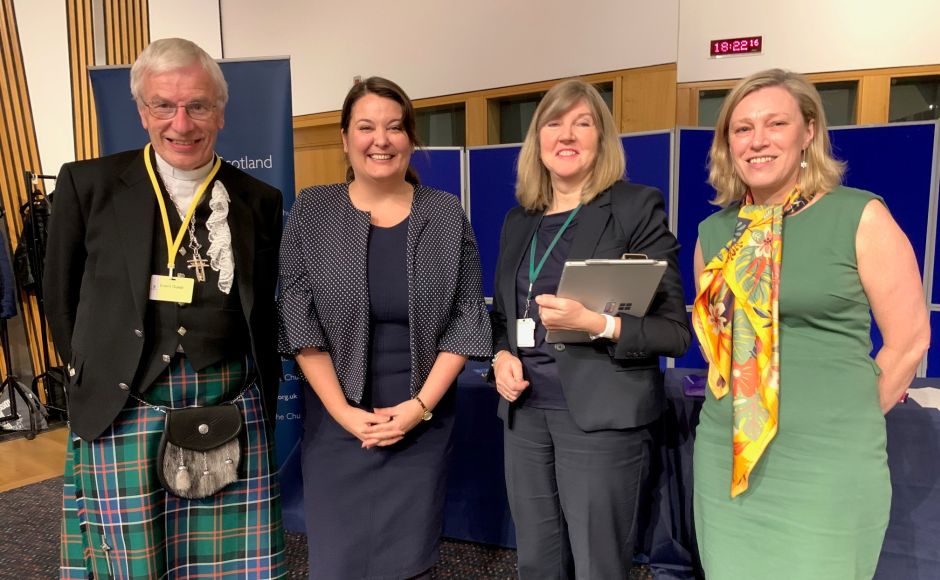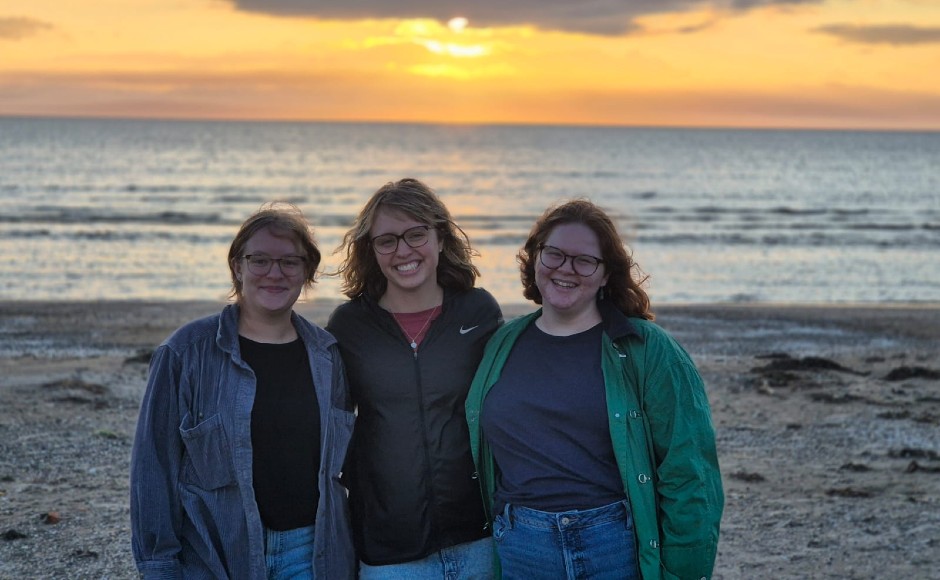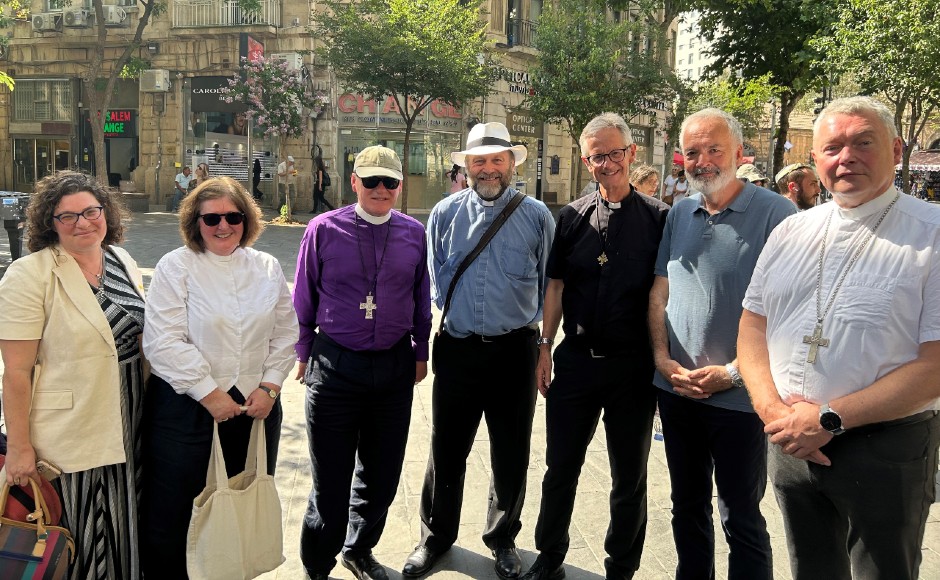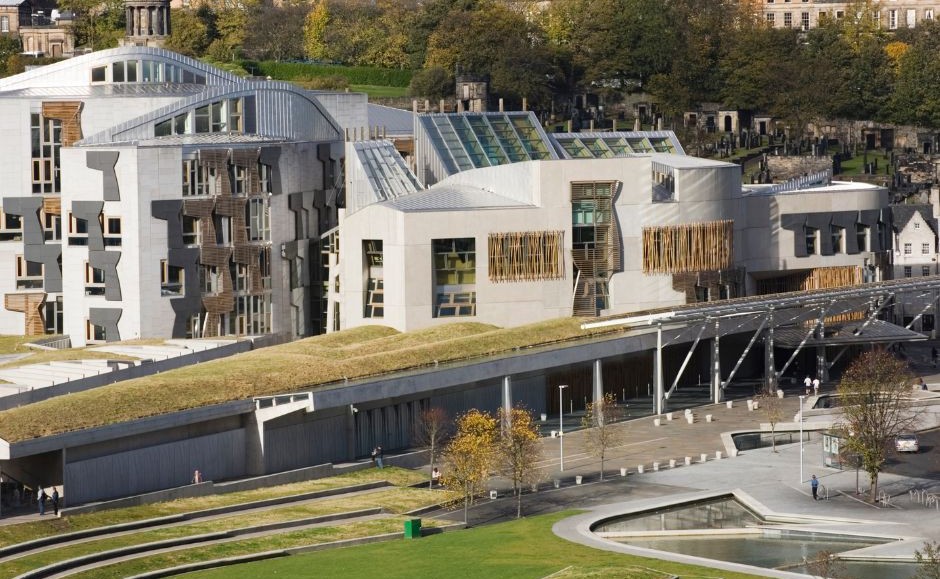Women and Economy event highlights inequalities
Published on 11 March 2020
Rt Rev Colin Sinclair joined Ruth Maguire MSP, convener of the Equalities and Human Rights Committee, at the Scottish Parliament to co-host a discussion and networking session on Women and Economics.

"Many of the issues that we work on as a church are born from listening to those with lived experience of an issue," the Moderator told the gathering.
"Gender justice is an area that we have prioritised in recent years. We recognise that gender inequality is a key driver of poverty, gender-based violence and a fundamental denial of women's rights – which is a detriment to all those who live within our communities.
"Women and girls make up the majority group of those living in poverty – in this country and overseas. They have fewer resources, less power and less influence in decision making in comparison to men.
"As a Church that wants to end poverty and challenge inequality, we decided to run a pilot project in a variety of areas across Scotland that would empower women in the area of economics."
The meeting was part of an annual two-day visit to parliament where the Moderator meets party leaders and MSPs, learns about the work of the parliament and engages in conversations about the issues of the day. It is also an opportunity to discuss the work underway in churches across Scotland.

Economic decisions can seem remote
The Women and Economics event showcased a series of crash courses piloted across Scotland. Partnering with the charity Economy, the Church designed and organised courses in Edinburgh, Glasgow, Cranhill and Dundee – aimed at helping women learn about and engage with economics in a way that would empower them in their everyday lives.
The work was based on research showing that women are considerably less likely to be formally involved in economics than men.
In her introduction to the event, Ruth Maguire MSP said the topic matters to us all.
"Economics and indeed politics can sometimes seem like something that is done to people, something remote and far away from folk and particularly from those communities who too often bear the brunt of the economic decisions taken elsewhere," she said.
"From an equalities and human rights perspective that is something that we must change.
"Some of the things I reflect on are:
What is the impact of the fact that economists are twice as likely to be men as women?
Who benefits if economics isn't accessible or understandable to a lot of people?
And what difference does it make when women are aware of the impact of economics on their rights?"
Women bear brunt of unpaid work
Three volunteers who ran the programme in Cranhill spoke about their experiences. Meemi Matero, Daisy Jamieson and Rosie Hampton said the course allowed for an exchange of learning and everyone who participated gained a new understanding of economics and how our current economic system affects them.
The volunteers highlighted the fact that a good deal of the care work, that is principally carried out by women, is not assigned a monetary value and is excluded from consideration and discussion. And they emphasised that men, as well as women, need to understand how women's unpaid work holds up the economy, as support from men will be essential to achieving full economic equality.
Alison Johnstone MSP, Gillian Martin MSP, Elaine Smith MSP and Ken MacIntosh MSP and Ivan McKee MSP, also attended the event. Participants also watched a short video produced by The Guardian for Economy, which was part of the inspiration for the Church's involvement in the project.


